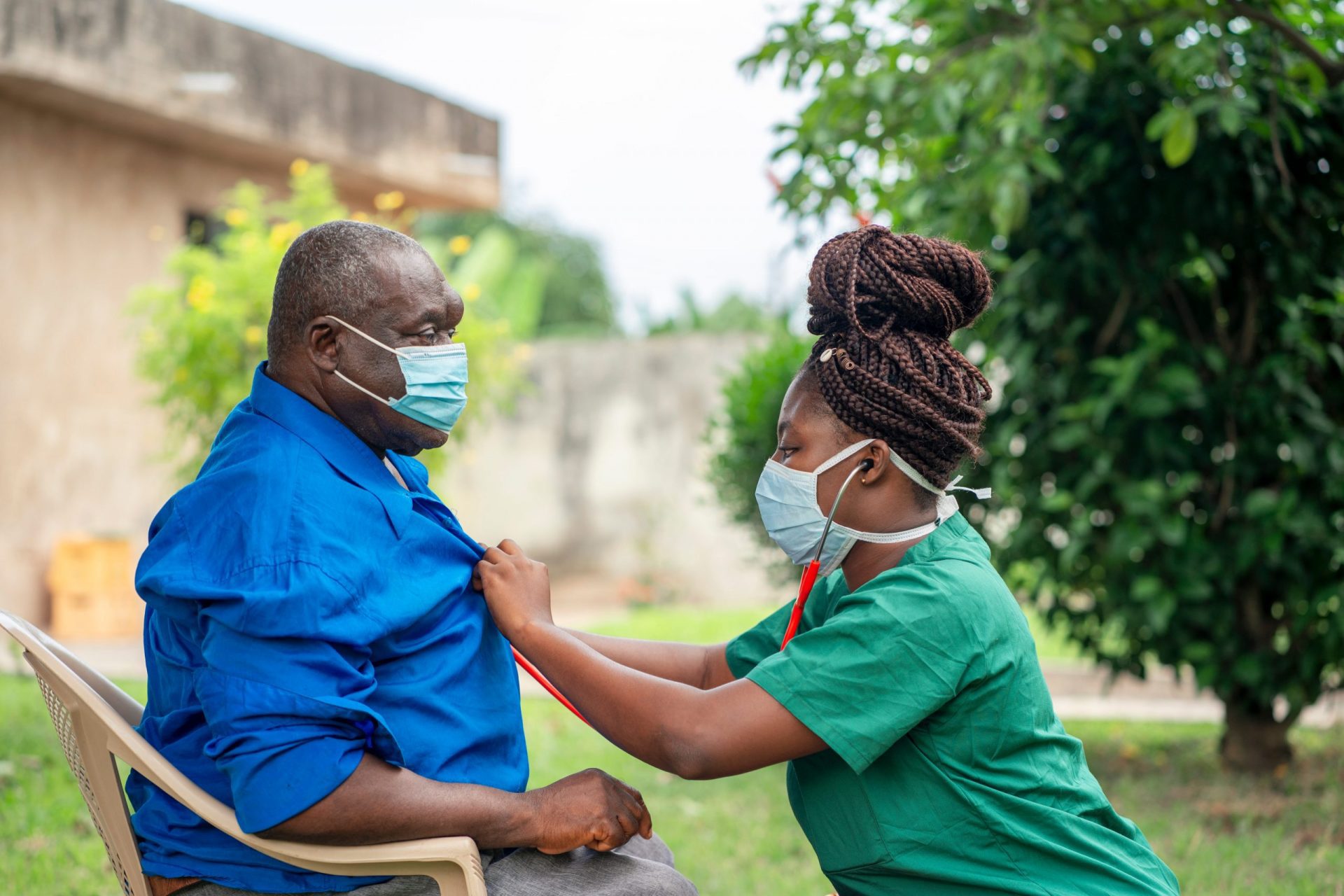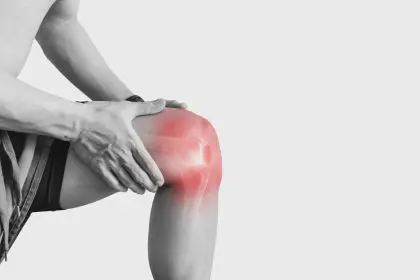Recent scientific investigations published in Nature Aging have uncovered compelling evidence linking menopausal changes to increased osteoarthritis risk. This groundbreaking research illuminates four critical pathways through which hormonal shifts during menopause affect joint health, potentially revolutionizing treatment approaches for millions of women worldwide.
Hormonal changes trigger joint vulnerability
Medical researchers have identified specific mechanisms through which declining hormone levels impact joint tissue. The study demonstrates that diminishing levels of key hormones, particularly 17beta-estradiol and progesterone, create cascading effects throughout joint structures. These hormonal changes appear to accelerate cartilage breakdown while simultaneously reducing the body’s ability to repair and maintain joint tissue.
Scientific evidence indicates that these hormonal fluctuations affect multiple aspects of joint health. Changes in cartilage composition occur as hormone levels drop, leading to increased vulnerability to mechanical stress. Cellular repair mechanisms become less efficient, compromising the joint’s ability to maintain healthy tissue structure.
Inflammation patterns show gender differences
Research reveals distinctive inflammation patterns in postmenopausal women compared to age matched men. These differences help explain the higher prevalence of osteoarthritis among women after menopause. Scientists observed increased inflammatory markers in joint tissue following hormonal changes, suggesting a direct link between menopause and accelerated joint deterioration.
Medical imaging studies demonstrate that postmenopausal women experience more severe joint inflammation than their male counterparts. This gender specific inflammatory response appears to contribute significantly to the increased osteoarthritis risk observed in postmenopausal populations.
Weight management affects outcomes
Clinical studies indicate that weight changes during menopause can significantly impact joint health outcomes. Research demonstrates that even modest weight gains during this period may accelerate joint deterioration through increased mechanical stress and inflammatory responses. These findings emphasize the importance of weight management strategies during menopausal transition.
Scientists observe that body composition changes during menopause can affect joint loading patterns. Alterations in fat distribution and muscle mass may contribute to modified joint mechanics, potentially increasing stress on vulnerable joint structures. Understanding these relationships helps inform comprehensive treatment approaches.
Treatment possibilities emerge
Medical researchers have identified several promising therapeutic approaches based on their understanding of hormone related joint changes. Targeted hormone replacement protocols show potential for preserving joint health during menopause. However, scientists emphasize the need for carefully controlled studies to establish optimal treatment parameters.
Research indicates that timing may play a crucial role in treatment effectiveness. Early intervention during the menopausal transition might offer better outcomes than waiting until significant joint damage has occurred. These findings suggest the importance of proactive health monitoring during menopause.
Prevention strategies show promise
Scientific evidence supports the development of targeted prevention strategies for postmenopausal women. Research demonstrates that maintaining physical activity during menopause may help preserve joint function. Nutritional interventions focusing on anti inflammatory compounds show potential for reducing joint deterioration risk.
Medical professionals emphasize the importance of comprehensive approaches to joint health during menopause. Combining appropriate exercise programs with dietary modifications and weight management strategies may offer the best protection against accelerated joint degeneration.
Future research directions emerge
Scientists have identified several promising areas for future investigation based on current findings. Research priorities include developing more precise methods for identifying women at highest risk for post menopausal joint problems. Studies focusing on personalized treatment approaches may help optimize outcomes for individual patients.
Clinical trials examining various hormone replacement protocols continue providing valuable insights. Researchers emphasize the importance of long term studies to fully understand treatment benefits and potential risks. These investigations may lead to more effective therapeutic strategies for protecting joint health during menopause.
Individual variation affects outcomes
Medical research reveals significant differences in how individuals respond to menopause related joint changes. Genetic factors appear to influence susceptibility to hormone related joint deterioration. Environmental and lifestyle factors may modify risk levels and treatment responses.
Scientists emphasize the importance of considering personal health histories when developing treatment plans. Family history, previous joint injuries, and overall health status can affect individual risk profiles. Understanding these variations helps medical professionals tailor interventions to specific patient needs.
The relationship between menopause and joint health continues revealing new complexities as research progresses. Current evidence suggests that early identification of risk factors combined with proactive intervention strategies may offer the best outcomes for maintaining joint health through menopause and beyond.













